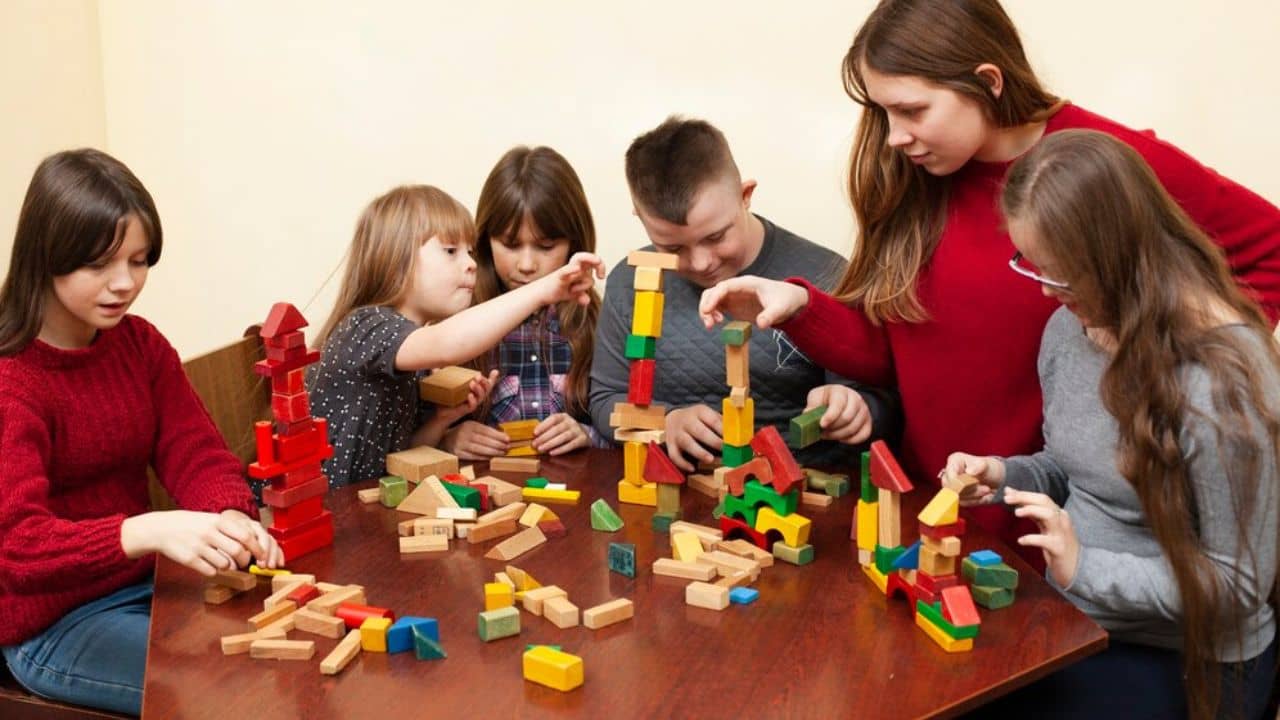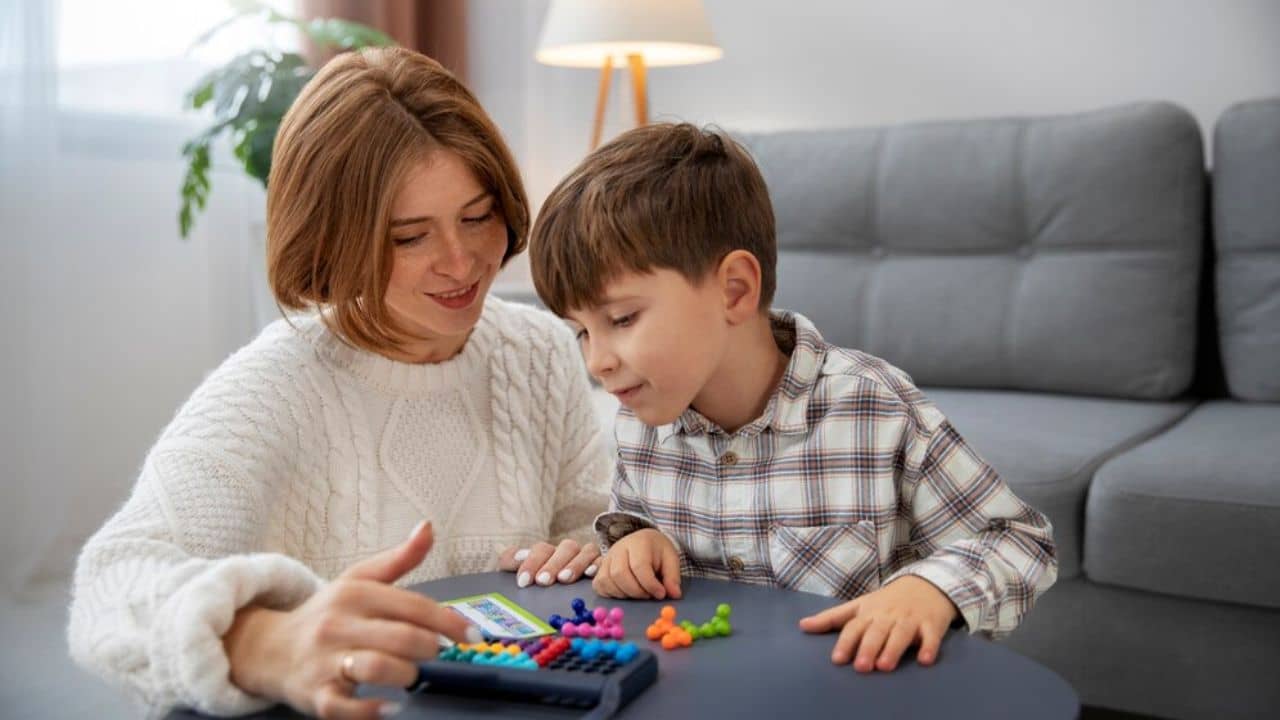Autism Spectrum Disorder (ASD) is a complex developmental condition that affects social interaction, communication, and behavior. Speech therapy is a vital intervention for children with autism, addressing the communication challenges that are often central to the condition. This comprehensive guide delves into the multifaceted role of speech therapy in helping children with autism, exploring the techniques used, the benefits provided, and the path to finding the right therapist.
Understanding Autism and Communication Challenges: How Speech Therapy Can Help Children with Autism
Children with autism may experience a wide range of communication difficulties. These challenges can vary greatly from one child to another, but generally fall into three main categories:
- Verbal Communication: Children may have delayed speech development, limited vocabulary, echolalia (repeating words or phrases), or be entirely nonverbal.
- Nonverbal Communication: Difficulties can include understanding and using gestures, facial expressions, and body language.
- Social Communication: This involves understanding social cues, taking turns in conversation, initiating interactions, and maintaining eye contact.

The Role of Speech Therapy: How Speech Therapy Can Help Children with Autism
Autism Spectrum Disorder (ASD) presents a unique set of challenges, particularly in the realm of communication. For children with autism, speech therapy can be a crucial intervention, addressing both verbal and nonverbal communication difficulties, and enhancing social interaction skills. This article explores the multifaceted role of speech therapy in supporting children with autism, detailing the strategies used by speech-language pathologists (SLPs) and the transformative benefits of this therapy.
Enhancing Verbal Communication: How Speech Therapy Can Help Children with Autism
For children with autism who struggle with verbal communication, SLPs can implement several strategies:
- Articulation Therapy: Focuses on helping children produce sounds correctly, which is essential for clear speech. This may involve practicing specific sounds, syllables, and words.
- Language Intervention Activities: These activities aim to build vocabulary and sentence structure through the use of books, pictures, and interactive games. The goal is to enhance the child’s ability to express themselves in a coherent and meaningful way.
- Alternative Communication Methods: For nonverbal children, SLPs may introduce augmentative and alternative communication (AAC) devices. These can include picture exchange communication systems (PECS), speech-generating devices, and apps designed to facilitate communication.
Improving Nonverbal Communication: How Speech Therapy Can Help Children with Autism
Nonverbal communication is a critical area for many children with autism. Speech therapy can help improve understanding and use of nonverbal cues through:
- Gestural Communication: Teaching children to use gestures like pointing, waving, or nodding to convey meaning.
- Facial Expressions and Body Language: Helping children recognize and interpret facial expressions and body language in others, as well as use them effectively themselves.
- Visual Supports: Utilizing visual aids such as picture schedules, social stories, and visual timetables to enhance understanding and predictability of daily routines.

Developing Social Communication Skills: How Speech Therapy Can Help Children with Autism
Social communication, or pragmatic language, involves using language appropriately in social contexts. Speech therapy can significantly improve these skills by:
- Teaching Conversation Skills: Practicing essential conversation skills, such as taking turns, staying on topic, asking and answering questions, and using polite greetings and farewells.
- Role-Playing Social Scenarios: Engaging in role-play to help children practice and understand various social interactions, such as sharing, asking for help, and making friends.
- Building Confidence: Encouraging children to use their communication skills in real-life situations, which can boost their confidence and willingness to engage socially.
The Benefits of Speech Therapy: How Speech Therapy Can Help Children with Autism
Speech therapy offers numerous benefits for children with autism, enhancing their communication abilities and overall quality of life. Key benefits include:
Improved Communication Skills: How Speech Therapy Can Help Children with Autism
Speech therapy can help children develop clearer speech, expand their vocabulary, and improve their ability to form sentences. For nonverbal children, AAC devices can provide a voice, enabling them to express their needs, thoughts, and emotions effectively.
Better Social Interaction: How Speech Therapy Can Help Children with Autism
Enhanced communication skills enable children to interact more effectively with peers and adults. This can lead to improved social relationships, increased participation in group activities, and greater social inclusion.
Enhanced Learning: How Speech Therapy Can Help Children with Autism
Communication skills are foundational for learning. Improved language abilities can enhance a child’s academic performance, enabling them to better understand instructions, participate in classroom discussions, and engage with educational materials.
Greater Independence: How Speech Therapy Can Help Children with Autism
Effective communication skills allow children to navigate daily activities and routines more independently. This can include expressing preferences, asking for help, and participating in community activities.

Finding the Right Speech Therapist: How Speech Therapy Can Help Children with Autism
Choosing the right speech therapist is crucial for the success of the intervention. Here are some tips for finding a suitable SLP:
- Qualifications and Experience: Look for a licensed and certified SLP with specific experience in working with children with autism.
- Personalized Approach: Ensure the therapist conducts a thorough assessment of your child’s communication abilities and challenges, and develops a personalized treatment plan tailored to their needs and goals.
- Evidence-Based Practices: The therapist should use evidence-based techniques and strategies to address your child’s specific communication issues.
- Collaborative Effort: A good SLP will collaborate with parents, teachers, and other professionals to ensure a holistic approach to your child’s development.

Conclusion
Speech therapy is a vital component of the support system for children with autism. By addressing verbal, nonverbal, and social communication challenges, speech therapy can significantly enhance a child’s ability to communicate and interact with the world around them. If you have a child with autism, consider consulting a speech therapist to explore the potential benefits and embark on a journey toward better communication and connection. With the right support, children with autism can achieve remarkable progress and lead fulfilling lives.




